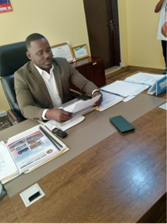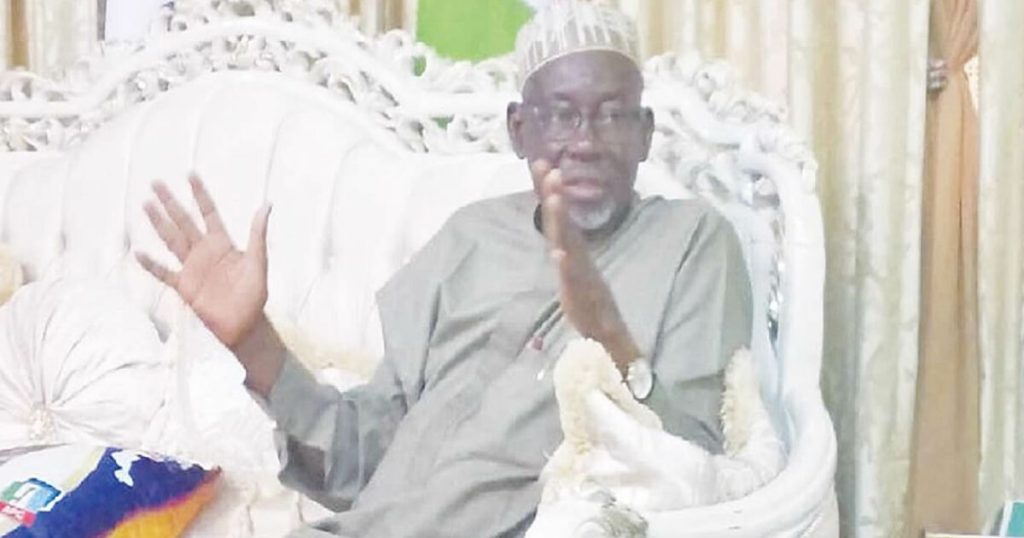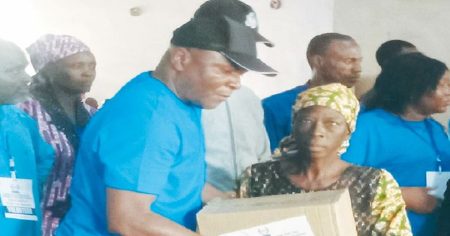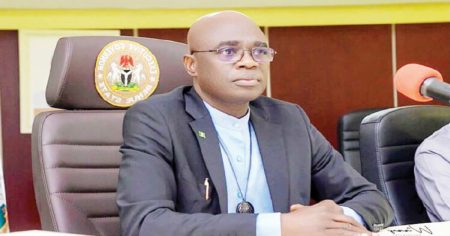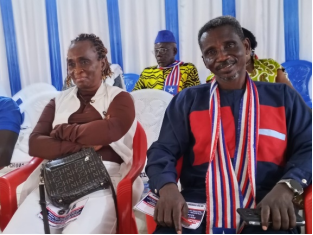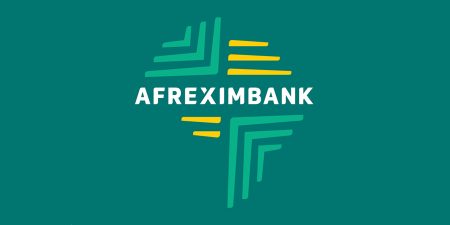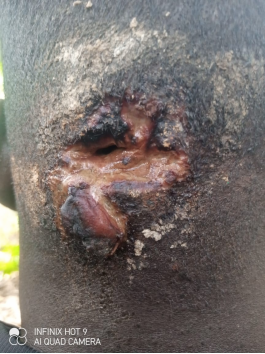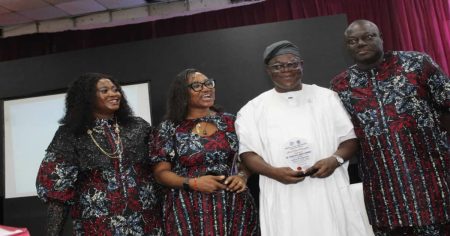The Jigawa State Government, deeply concerned about the alarmingly low literacy levels within its primary schools, has declared a state of emergency in education and initiated a comprehensive reform program. A baseline survey revealing that a staggering 80% of Primary One students struggled with basic reading and writing served as the catalyst for this urgent action. Governor Umar Namadi, recognizing education as the bedrock of societal progress, emphasized the need for swift and decisive intervention to address this fundamental challenge. The overarching goal is to strengthen the very foundations of learning across the state and ensure a brighter future for Jigawa’s children.
One of the initial steps taken was the restructuring of the Ministry of Education. By dividing it into two distinct entities – Basic Education and Higher Education – the government aims to streamline administrative processes, reduce bureaucratic hurdles, and foster more focused management. This structural change is intended to enhance efficiency and allow for more targeted allocation of resources and expertise to address the specific needs of each educational level. This move is expected to create more nimble and responsive administrative units capable of tackling the distinct challenges faced by each sector.
Recognizing the critical role of teachers in improving educational outcomes, the Jigawa government has taken substantial steps to address the severe teacher shortage plaguing the state. A multi-pronged approach has been adopted, including the confirmation of 3,000 temporary J-Teach instructors as permanent and pensionable staff, significantly boosting their job security and morale. This was complemented by the recruitment of 3,000 new teachers for basic education and an additional 4,200 for the senior secondary level. In total, over 10,000 new teachers have been brought into the system within a few months, demonstrating the government’s commitment to investing in human capital for education.
To further bolster the quality of education, the government has implemented measures to strengthen school monitoring and parental engagement. School-Based Management Committees (SBMCs) have been empowered to closely monitor teacher attendance and ensure accountability within schools. Simultaneously, Mothers’ Forums have been established to encourage active parental involvement and ensure children attend classes regularly. These initiatives aim to create a more supportive and accountable learning environment where both teachers and parents play vital roles in ensuring children’s academic success. The combined effect of these measures has already shown positive results, improving discipline and learning outcomes.
In its pursuit of enhanced learning outcomes, the Jigawa State Government has partnered with NewGlobe, a UK-based education consultancy firm. This collaboration focuses on improving literacy and numeracy proficiency, particularly in primary schools, where the foundational skills are crucial for future learning. Early reports indicate that this partnership is yielding “remarkable outcomes,” signifying a positive impact on student performance. The state’s investment in evidence-based strategies and international expertise demonstrates its proactive approach to achieving rapid and sustainable educational progress.
Recognizing the importance of inclusivity, the Jigawa administration has taken steps to integrate the Almajiri system into the formal education framework. This involves renovating existing Tsangaya schools and constructing three mega boarding Tsangaya institutions, each with a capacity of 1,500 pupils. These institutions offer a blended curriculum incorporating Quranic learning with literacy, numeracy, and vocational training skills. Furthermore, these schools are designed to operate sustainably, with students involved in farming activities to produce their own food. This integrated approach not only provides a well-rounded education but also equips students with practical skills for future livelihoods. This model aims to empower Almajiri children with the knowledge and skills necessary for a productive future.
The reforms extend to higher education as well. The School of Basic Studies in Bamabara has been transformed into the Institute of Vocational Training, equipped with N25 billion worth of modern training facilities. This investment aims to provide high-quality vocational training that aligns with the needs of the state’s economy. In addition, eight secondary schools have been upgraded to vocational excellence centers to develop a skilled middle-level workforce. These efforts are further complemented by the State University of Technology, which offers advanced educational opportunities for graduates. Together, these initiatives create a comprehensive ecosystem for skills development, catering to various levels of expertise and contributing to the state’s overall human resource development.
Teacher development is another cornerstone of the Jigawa education reforms. Recognizing that well-trained teachers are essential for effective education delivery, the state government has prioritized teacher training programs. Over 7,000 teachers at the basic education level and 4,800 at the higher education level have already benefited from these initiatives. The ongoing partnership with NewGlobe further ensures continuous professional development opportunities for educators. Furthermore, around 10,000 teachers are undergoing competency assessments to tailor future training programs to their specific needs. This comprehensive approach to teacher development aims to build a professional, well-equipped, and motivated teaching workforce, laying the foundation for a robust and sustainable education system in Jigawa State. Through these comprehensive reforms, the Jigawa State Government aims to reverse the trend of low literacy, improve learning outcomes across all levels, and ultimately empower its citizens through quality education.


